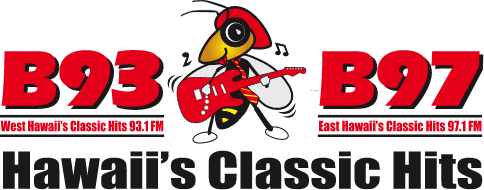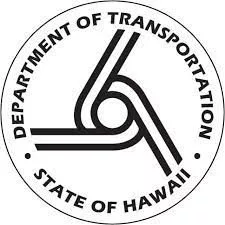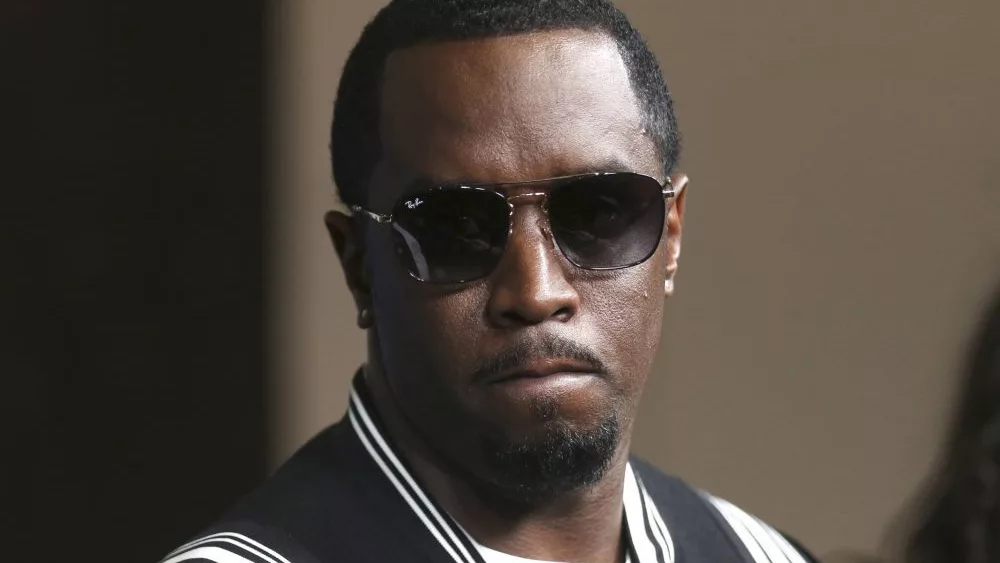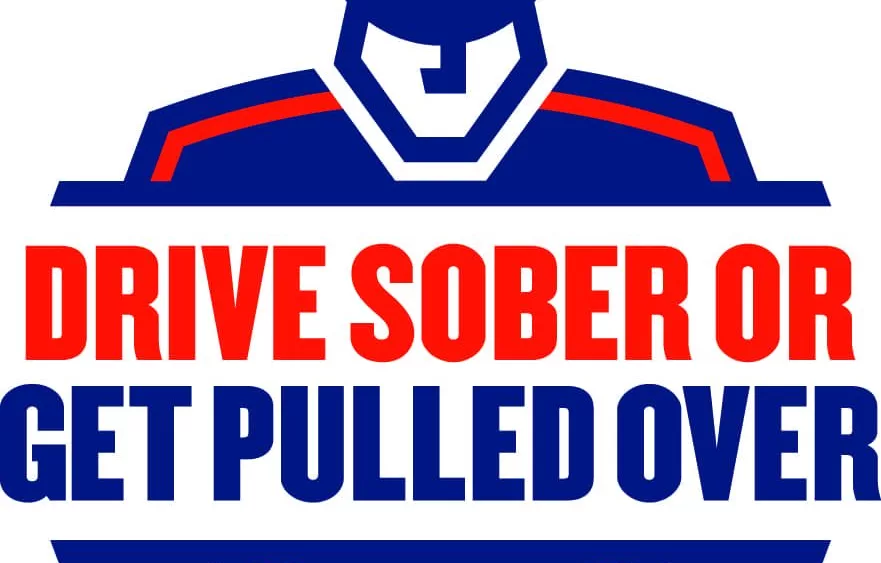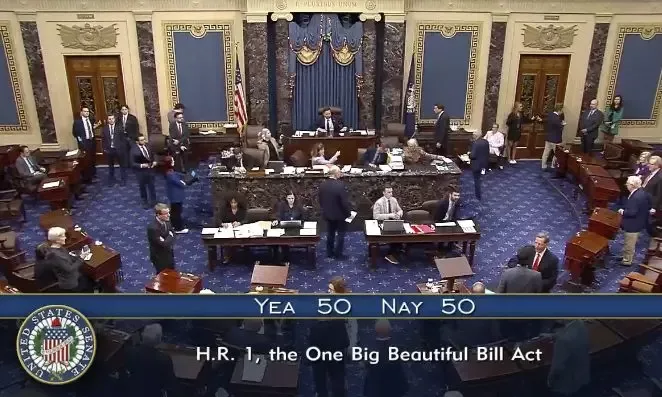Dr. Scott Miscovich of Premier Medical Group in Kaneohe, O’ahu, is spearheading antibody testing around the Big Island and the state. His team will be doing antibody testing at the same events when they do testing for COVID-19.
Dr. Miscovich said on Tuesday that he and his team are most eager to do antibody tests on a wide range of people, in an effort to collect data and to help people on the island (and in the state) know whether they have some degree of immunity to the novel coronavirus. He said the antibody tests include a blood draw (not a pin prick) and are highly accurate. He said the list of those who should come in for antibody testing include:
-Those who have been diagnosed with COVID-19 and are recovered. Dr. Miscovich said for those who have had COVID-19, it will be useful to find out how much of the COVID-19 antibodies they have in their systems. He said his goal is to test these people at 1 month, 3 months, and 6 months post active symptoms, to see if the antibodies become weaker or stronger. Although right now nobody knows how much immunity will be conferred, this will provide the individuals with a sense of their own antibody load and possible immunity, as well as much-needed data as the state moves forward and starts reopening businesses and allowing tourists.
-Those who are close contacts of anybody with COVID-19, whether or not they were tested for the virus. Dr. Miscovich said it’s likely some of them had it, perhaps with no symptoms.
-Healthcare workers, people constantly exposed to those with COVID-19
-First responders, who may be exposed to those with COVID-19
-Front line tourism workers who are frequently exposed to those who may have COVID-19, such as TSA workers, flight attendants, cab drivers, Uber/Lyft drivers, people working in hotels who may have had contact back as far as January.
-Those who between January and March, when COVID-19 testing began in earnest, had coughs, or fever, or other symptoms of COVID-19, and may have tested negative for influenza or maybe were not tested at all. Dr. Miscovich said it is likely COVID-19 was in the community, but without testing at the time—there was no way to know.
At this time, the antibody testing is not available to the general public, just because of workload. But as the people above get tested, at some point Dr. Miscovich’s plan is to then open up the antibody testing to the general public, as it’s widely known in the medical community that many people who have COVID-19 have no to few symptoms. He said it’s important to understand how many people – and who — in the state have had COVID-19 as the state starts reopening. He’s especially interested in those who have frequent contact with visitors, since travelers were the first source of infection in the state.
One big unknown is how much immunity comes with the antibodies. Dr. Miscovich said in general, the higher the antibody count, the more immunity. In the case of previous coronaviruses—SARS and MERS—he said sometimes immunity lasted 2 to 3 years, but in some cases it waned in 6 months.
The Premier Medical Group is working with Hawaii County to offer drive-through antibody testing as well as screening and testing for COVID-19. Both will be offered as follows:
-Wednesday, the drive through screening and testing is at Pahoa District Park, 15-3022 Kauhale Street, Pāhoa, on Wednesday, May 13 from 9:00 a.m. until 1:00 p.m.
-Friday, the drive through screening and testing is at Waimea District Park in Kamuela on Friday, May 15 from 9:00 a.m. until 1:00 p.m.
-Saturday, the drive through screening and testing is at Kamehameha Park in Kapa‘au, North Kohala, on Saturday, May 16 from 10:00 a.m. until 2:00 p.m.
-Monday, May 18, the drive through screening and testing is at Hilo Civic Auditorium, 9 a.m. until 1 p.m.
On-site physicians will screen those wanting a COVID-19 test for symptoms or exposure. There is no charge for the COVID-19 tests. The antibody tests have a $43 co-pay, which may be covered by insurance. Everybody must bring a photo ID, and insurance card if you have insurance.
Dr. Miscovich said he’s well aware of the large cluster of at least 36 connected with he McDonald’s in Kailua-Kona and is planning on expanding antibody testing to Kona, as well.
COVID-19 symptoms: The screening criteria will be based on guidance of the CDC and the State’s COVID-19 Response Task Force. According to the CDC, testing priority should be given to those with symptoms of potential COVID-19 infection, including: fever, cough, shortness of breath, chills, muscle pain, new loss of taste or smell, vomiting or diarrhea, and/or sore throat. But the CDC defers to state authorities and on-site clinicians for the final decision. The State Department of Health lists the same symptoms, but adds rhinorrhoea, which is defined as a condition where the nasal cavity is filled with a significant amount of mucus fluid — or commonly known as a runny nose. The state also adds anorexia, defined as a loss of appetite. The State also adds as a high priority, persons identified through public health cluster and selected contact investigations — but does not say they must have symptoms.
